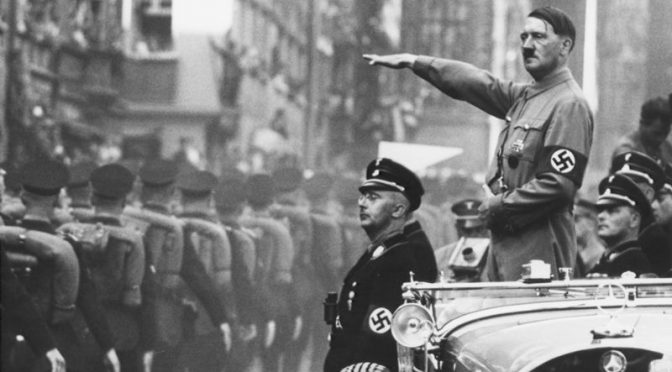AND what kind of people are those who hold such conversations with Hitler? It was they who, while pursuing their mercenary and exorbitantly overgrown ambitions, laid their people, the Polish people, open to attack from Germany’s military machine, and, moreover, generally contributed to the beginning of the Second World War. What else can one think after reading these documents?
And something we also witness today: they desecrate the graves of those who won that war, who gave their lives, including in Europe, while liberating those countries from Nazism.
By the way, it occurred to me that it had nothing to do with Stalin whatsoever. The monuments in Europe were erected to our regular Red Army soldiers, including those who came from currently absolutely independent states established after the dissolution of the Soviet Union. They were ordinary people. Who were these Red Army soldiers? They were mainly farmers and workers, many of whom also suffered from the Stalin regime — some of them were repressed kulaks, some had family members sent to labor camps. These people died as they were liberating the European countries from Nazism. Now memorials to them are being demolished, among other things, so that the facts of a real collusion of some European leaders with Hitler should not surface. This is not revenge on Bolsheviks: they are doing all they can to conceal their own position.
European collusion
Why did I say that the leaders of those countries, including Poland, at that time, actually threw their people under the chariot of Nazi Germany’s military machine? Because they underestimated the real reasons underlying Hitler’s actions.
This is what he said at a meeting with German Army commanders at the Reich Chancellery, I quote: “The point is not Danzig,” — this is a city that was declared to be an international entity and which Germany wanted back after World War I — “the point for us is to expand the Lebensraum eastward and to ensure food supplies.” It was not about Poland at all. The point is that they needed to pave the road for an aggression against the Soviet Union
The Soviet Union was trying to the utmost to use every opportunity for establishing an anti-Hitler coalition, held talks with military representatives of France and Great Britain, thus attempting to prevent the outbreak of World War 2, but it practically remained alone and isolated. As I have already said, it was the last of the European states concerned that was compelled to sign a non-aggression pact with Hitler.
Yes, there is a classified part on the partitioning of some territory. But we do not know the content of other European countries’ agreements with Hitler. Because while we have declassified these documents, the Western capitals are still keeping all this classified. We know nothing of their contents. But now we do not need to, because the facts show that there was collusion. In essence, we see the partitioning of a democratic independent state, Czechoslovakia. And the participants in it were not just Hitler, but also the then leaders of those countries. It was this that opened the road to the east for Hitler, it was this that became the cause of the outbreak of World War 2.
Red Army saved many lives
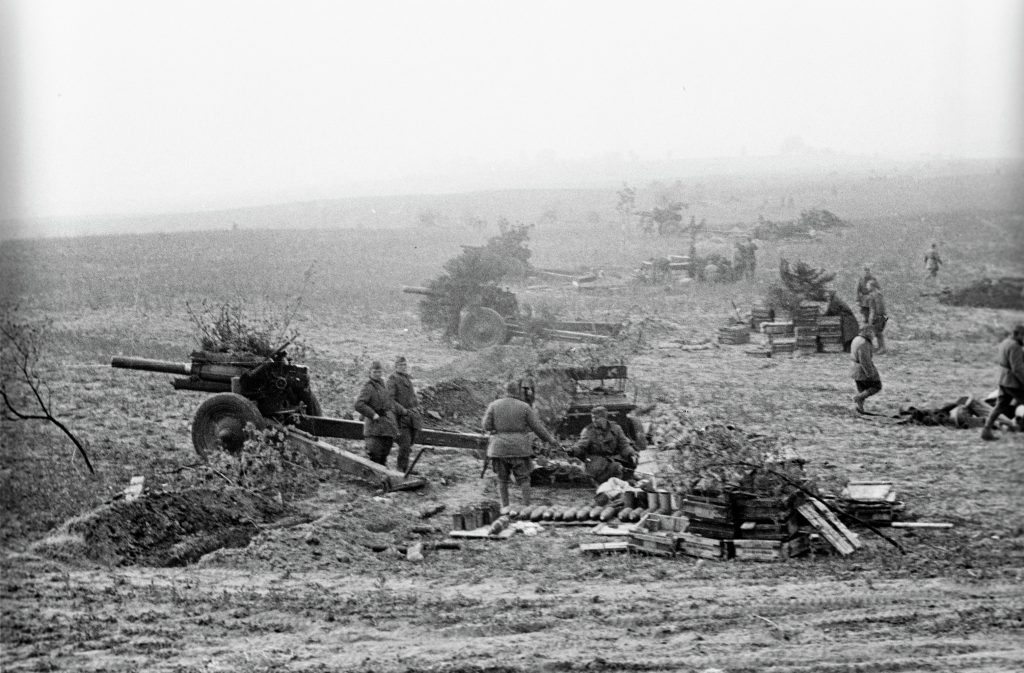
One more point concerning the Soviet Union’s actions after Germany launched a war against Poland. Let me remind you that in the west, in the area of Lvov, the Polish garrison was still resisting, this is true. When the Red Army advanced, they surrendered their weapons to the Red Army.
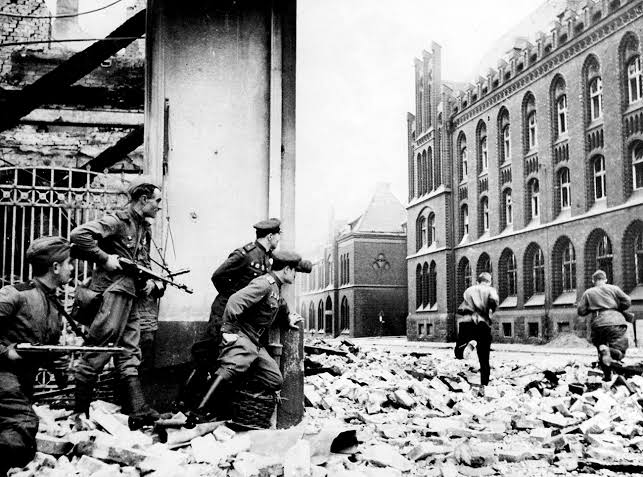
Actually, the fact that the Red Army’s units entered there saved many lives of the local population, mainly the Jewish population. Because all those present here know that the percentage of the Jewish population in that area was very high. If the Nazis had entered, they would have cut out everyone and sent them to the furnaces.
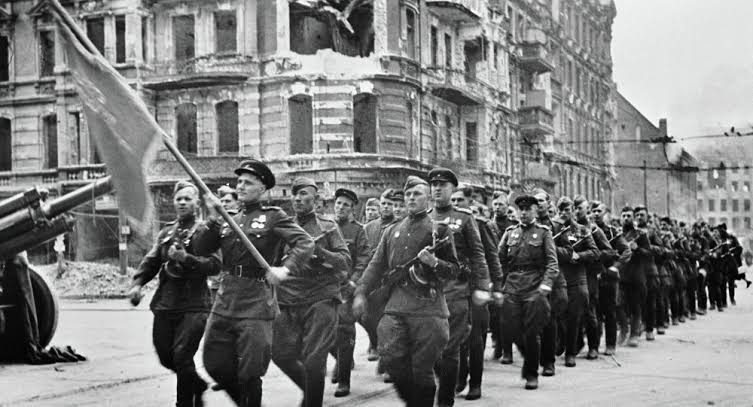
Concerning Brest, for instance, the Red Army advanced there only after those territories were occupied by German troops. The Red Army did not wage any hostilities with anyone there; they were not fighting with the Poles. Moreover, by that time the Polish government had lost control over the country, over the armed forces and stayed somewhere close to the Romanian border.
There was nobody to have any negotiations with. Let me reiterate, the Brest Fortress, which we all know as a citadel for defending the interests of the Soviet Union and our common Fatherland and one of the most extraordinary pages in the history of the Great Patriotic War, was only occupied by the Red Army after the Germans left. They had already captured it, thus in reality the Soviet Union did not seize it from Poland.
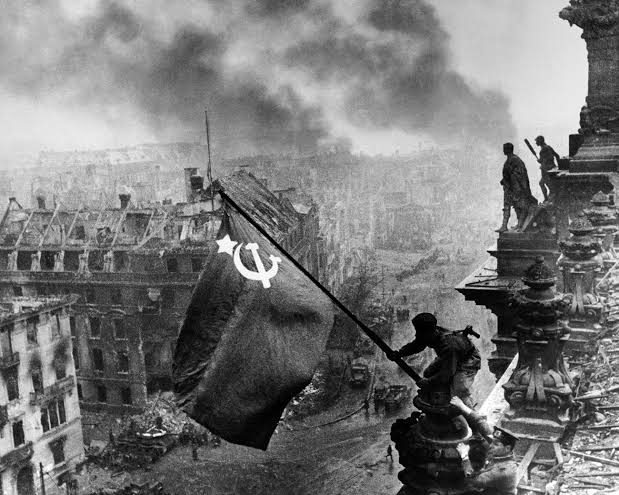
Contemporary assessments
In conclusion, I would like to remind you of the way contemporaries assessed the results of the victory over Nazism and the contribution of each of us to that victory, starting with 1941.
Winston Churchill’s statement:
“I am very glad to … learn from many sources of the valiant fight and many vigorous counter-attacks with which the Russian armies are defending their native soil. I fully realize the military advantage you have gained by forcing the enemy to deploy and engage on forward Western fronts.
“On forward Western fronts” – I draw your attention to this. The British leaders of the time admitted that this had a combat importance in fighting Nazi Germany, “thus exhausting some of the force of his initial effort.”
That means the power of the initial assault of the Nazi army was weakened by the fact that the Red Army advanced to new frontiers. So, advancing to these new positions also had a military importance for the Soviet Union.
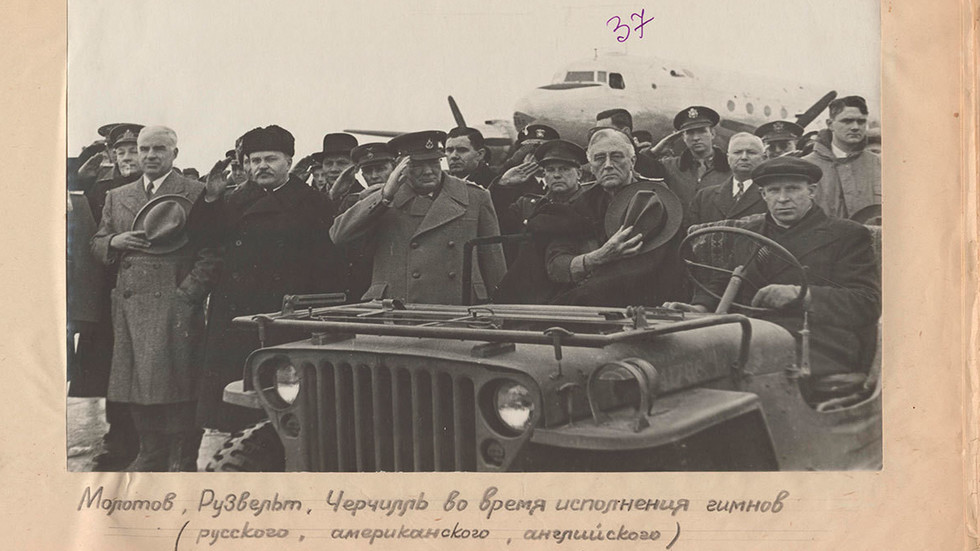
And now a quote from Churchill’s personal message to Joseph Stalin on Feb. 22, 1945. It was on February 22, the eve of the 27th anniversary of the Red Army. Churchill writes that the Red Army celebrates its twenty-seventh anniversary amid triumphs, which have won the unstinted applause of their allies. And I would like to stress the following in connection with the resolution adopted recently by our colleagues in the European Parliament: “Future generations will acknowledge their debt to the Red Army as unreservedly as do we who have lived to witness these proud achievements.” But we see how the present-day generation of European politicians react to this.
Here is what Roosevelt wrote to Stalin in 1945: “The continued outstanding achievements of the Red Army together with the all-out effort of the United Nations forces in the South and the West assure the speedy attainment of our common goal—a peaceful world based upon mutual understanding and cooperation.”
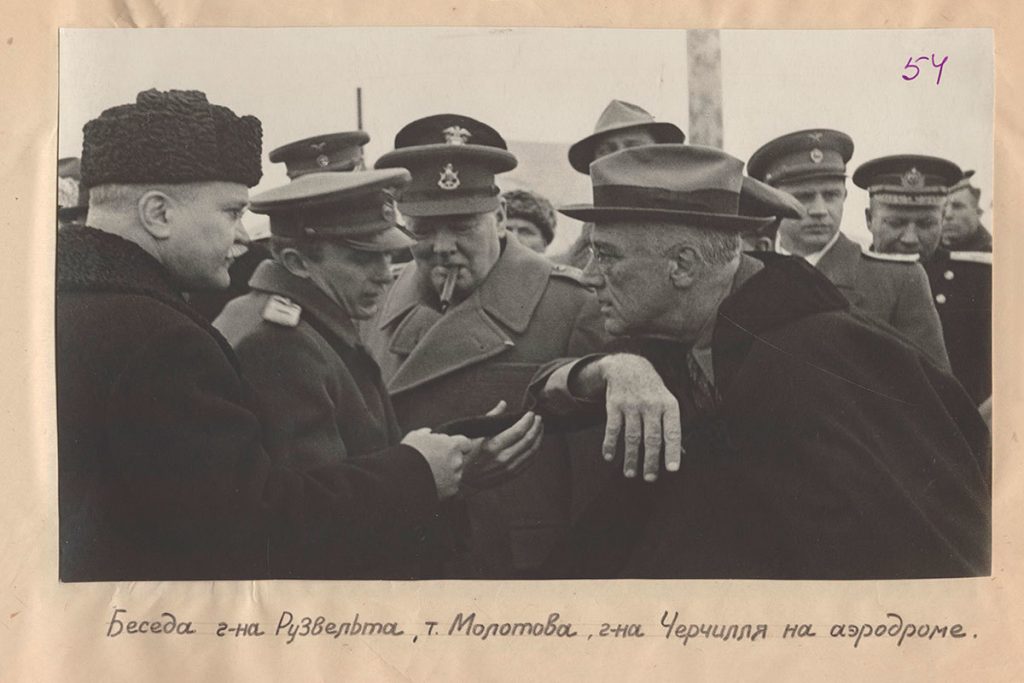
And some time later Harry Truman, the new US President, wrote: “We fully appreciate the magnificent contribution made by the mighty Soviet Union to the cause of civilization and liberty. You have demonstrated the ability of a freedom-loving and supremely courageous people to crush the evil forces of barbarism, however powerful.”
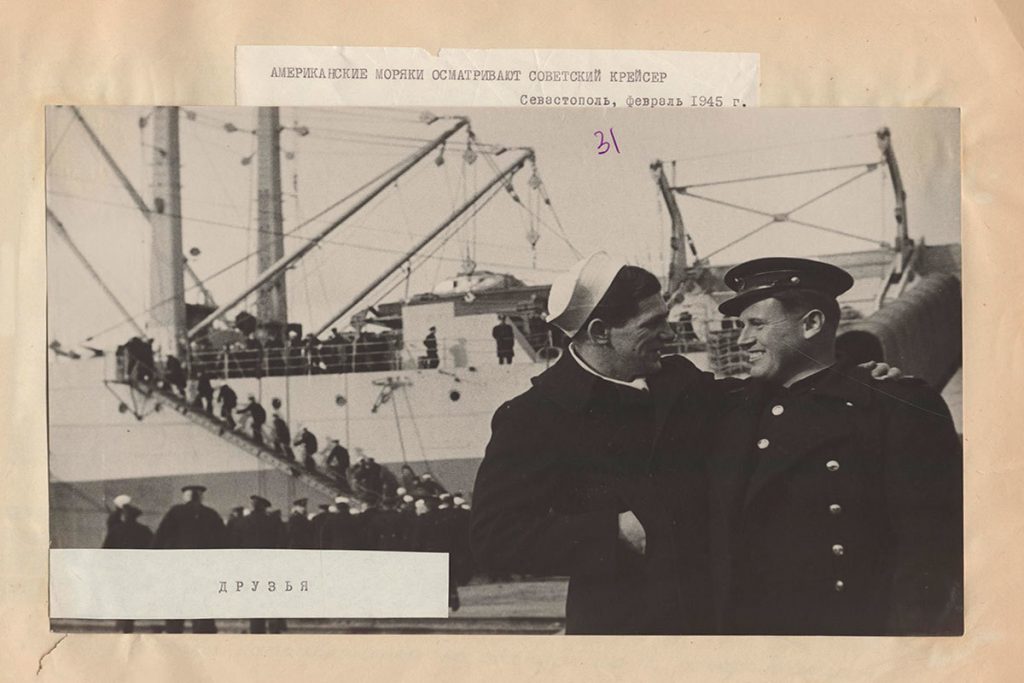
I believe each of us here cannot forget and will never forget the feat of our fathers. I would very much like our colleagues in the West in general and in Europe in particular, to keep this in mind. And if they do not want to listen to us, let them heed the respected leaders of their own countries, who knew what they were saying and had firsthand knowledge of the events.
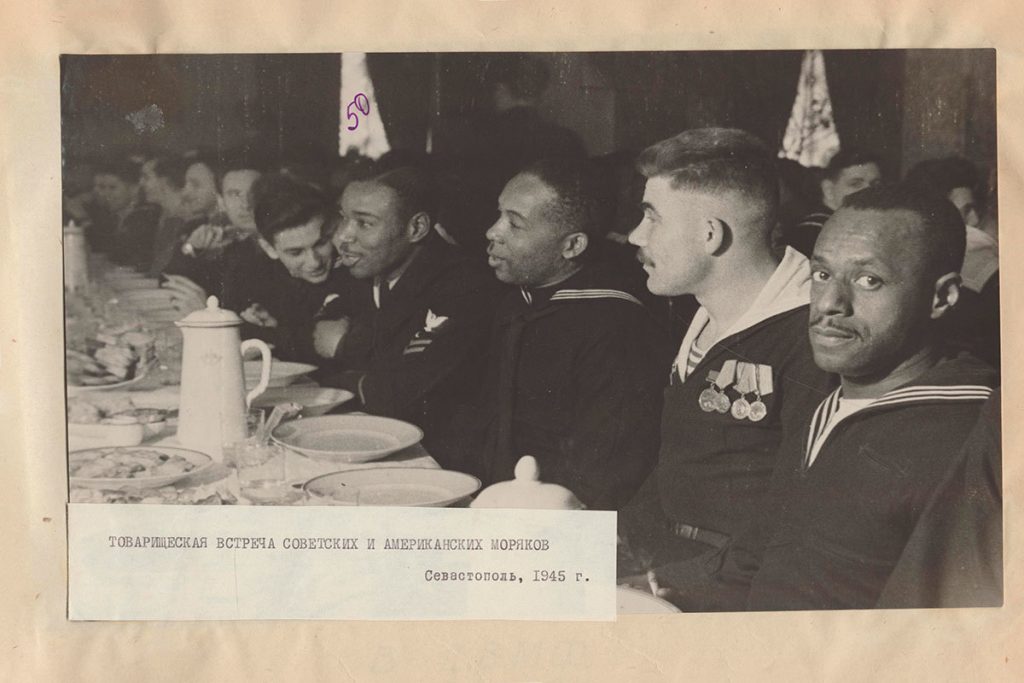
Speech delivered by Russian President Vladimir Putin at the informal summit of the Commonwealth of Independent States, held in Moscow on Dec. 20, 2019.

